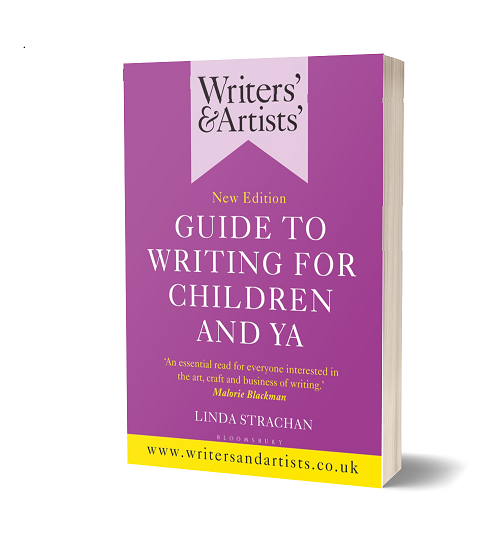In an exclusive extract from the new edition of the Guide to Writing for Children & YA, author Linda Strachan looks at the importance of not becoming too isolated and how one should consider the power of finding a writing group.

Writing is both a privilege and a challenge. Being lonely or feeling isolated can get you down, and all too often it’s hard to feel you’re making progress. You may feel you need some personal advice on your writing or a way to get feedback on your work. If so, you could consider joining a local writing group, or even starting your own. It can also be a good way of meeting other people who are interested in writing.
Writing groups can take different forms. Some are run by local libraries and are sometimes supported with visits from a ‘writer in residence’ (a published writer who works part-time with writing groups or other people in the community). They meet to discuss writing and share their writing with each other. Some are more active than others but the main thing is to find the kind of group that operates in a way that suits you.
It might be useful to discover if the group you are considering joining has members who are writing for children. This doesn’t mean you have to avoid groups where no one else is interested in writing for children, but it is good to ask the question before you decide whether the group will be useful to you.
Choose your group carefully and take time to be sure it is the right one for you, personally. Be wary of groups where you feel there is destructive criticism; writing is a very personal occupation and you have to feel that that those you share your work with will not lower your spirits or confidence. Be aware and careful of what you say to others as even the most confident person can be upset by very negative remarks. If a group makes you feel uncomfortable, move on.
Distance-writing courses are another option. These operate by post or online and have a series of assignments for you to work through with a tutor who will comment on your work and offer advice. There are also evening classes in creative writing or day or weekend seminars. You might want to enrol on one of the diploma or degree courses in creative writing run by colleges or universities. A quick online search will show you how many are available.
Another option is attending a short residential tutored writing course. There are many of these all over the country. Some of the oldest and well respected ones are run by the Arvon Foundation, which has several centres in England, or you may wish to try Moniack Mhor in Scotland, Tŷ Newydd in Wales or Anam Cara in the Republic of Ireland, but there are many more and some offer an opportunity to combine tutoring with a stay in mainland Europe. These retreats have professional writers as tutors and can be very helpful: not only do you receive expert advice on your work but you also have dedicated time to spend on your own writing as well as the always-valuable opportunity to discuss writing with others of a like mind: being part of a writers’ network and the broader writing community can be hugely helpful. These courses attract both published and unpublished writers and allow you the time and space to get on with your work away from distractions of home and family. (Untutored retreats are also available.)
Some festivals and writers’ conferences also offer the opportunity for attendees to have one-to-one meetings with experienced authors, agents or editors. Publishers and agents are under increasing pressure these days and have less and less to time to spend doing editorial work, so the closer your manuscript is to being publishable, the more chance it will have.
The Writers' & Artists' Guide to Writing for Children & YA by Linda Strachan is available to purchase now.
Comments